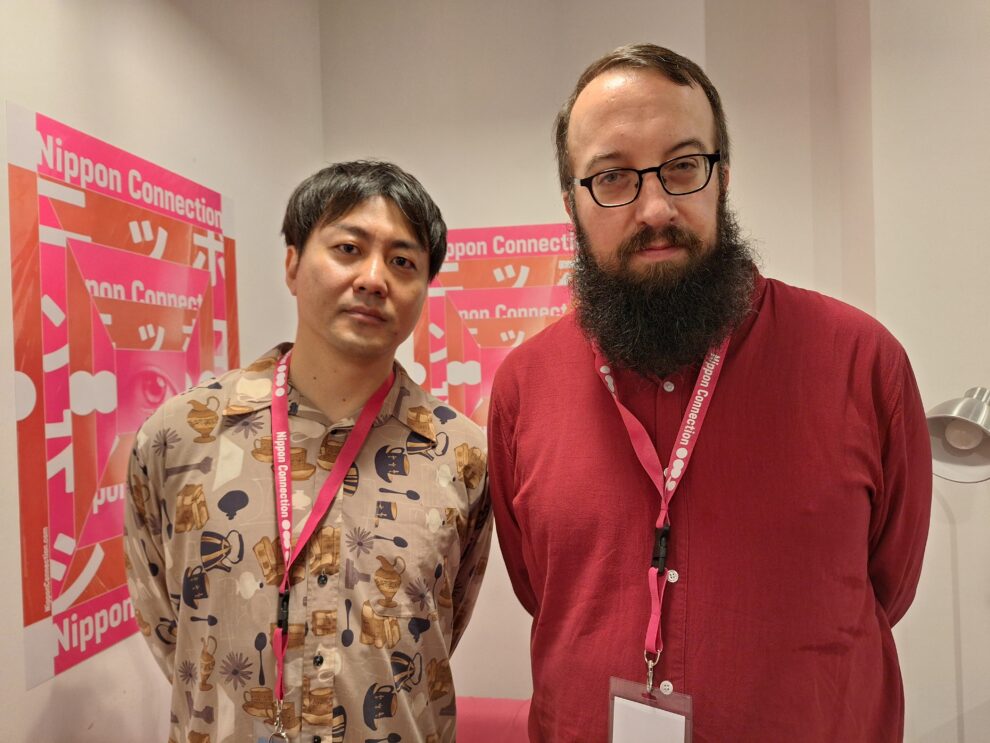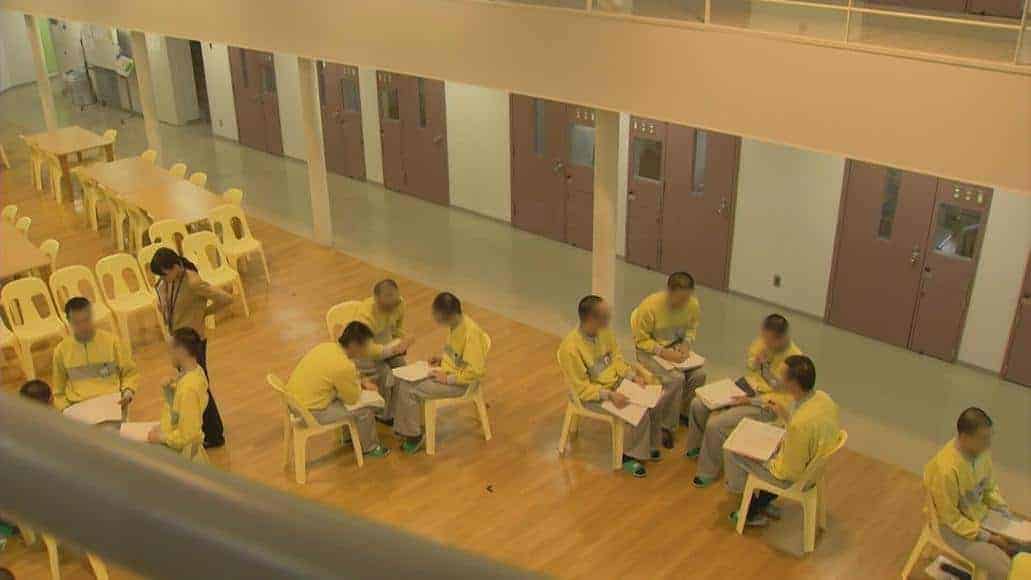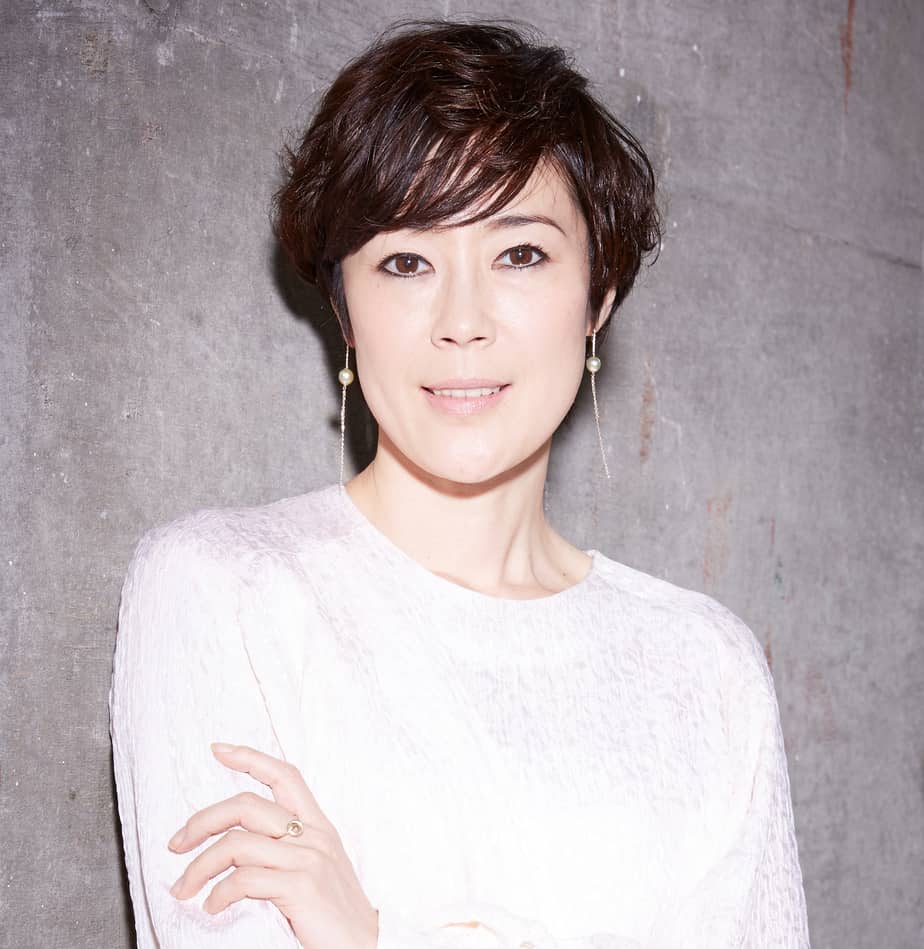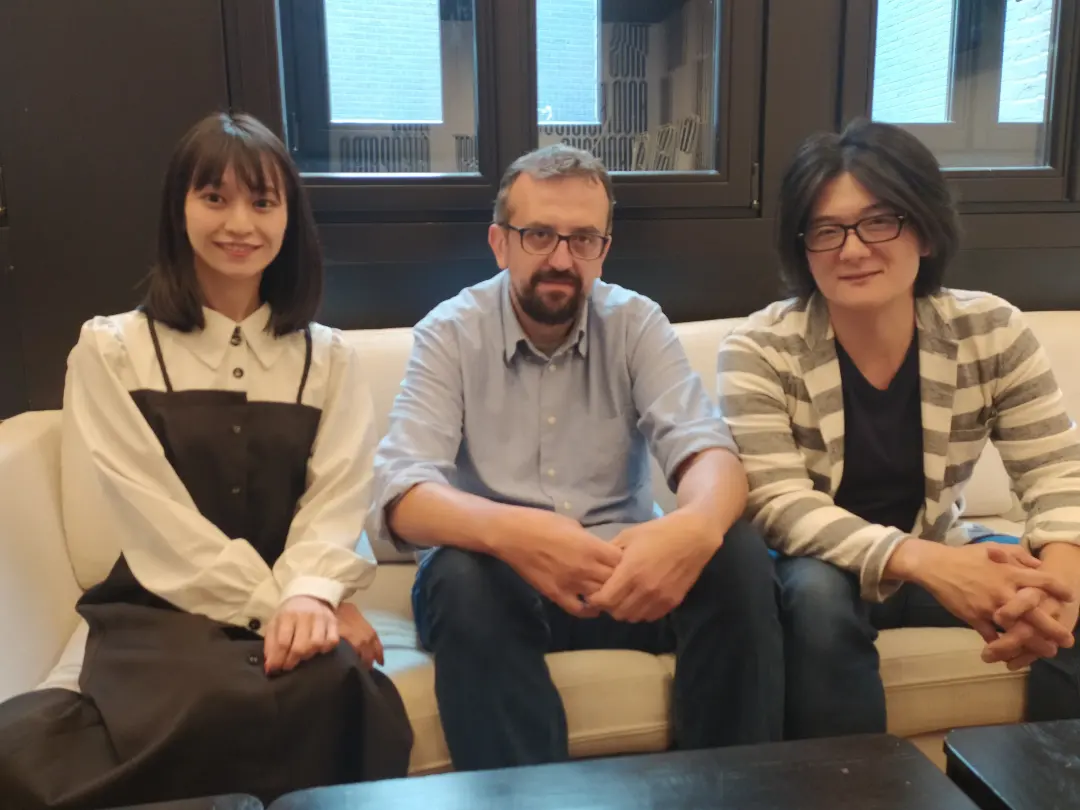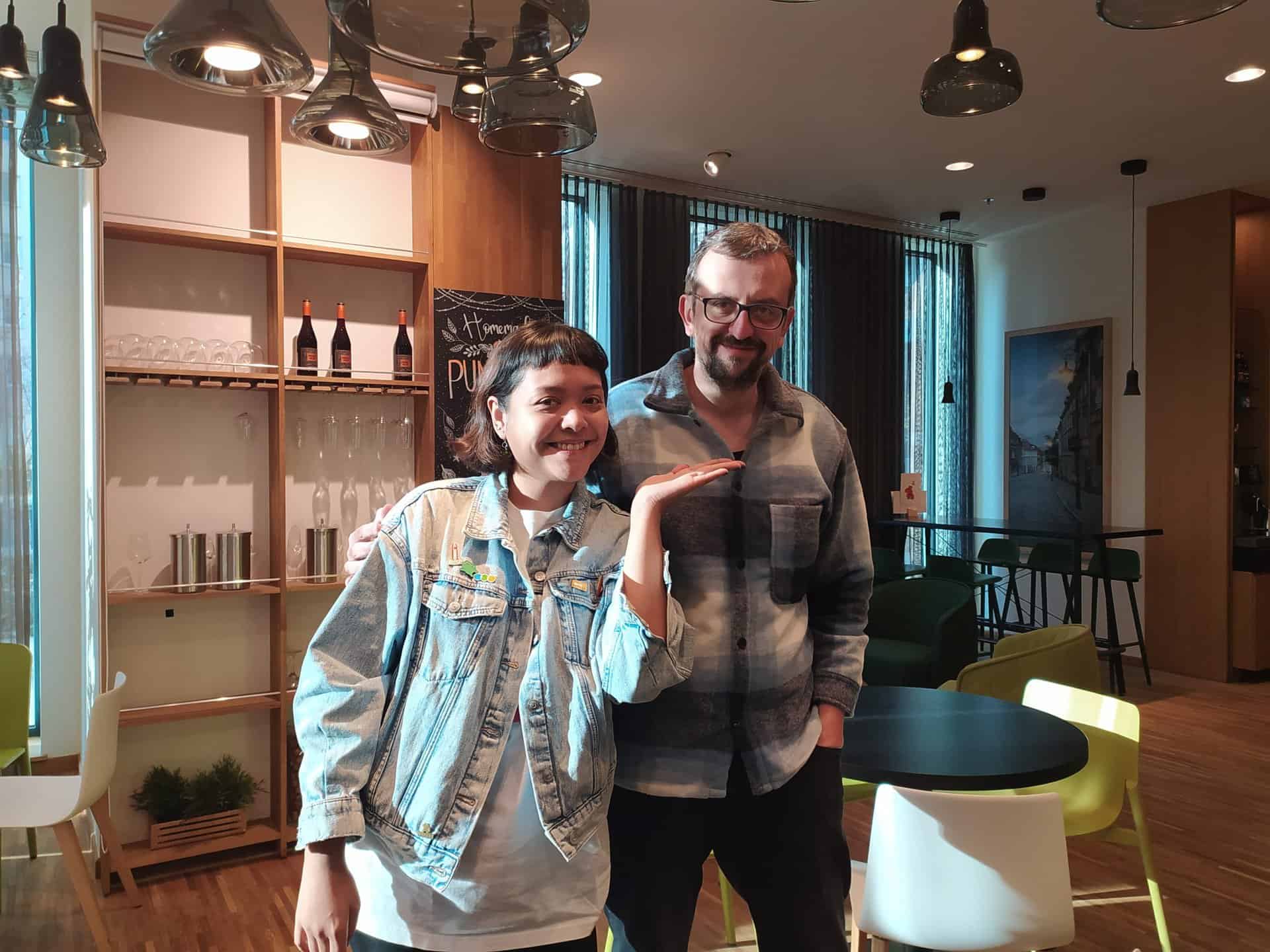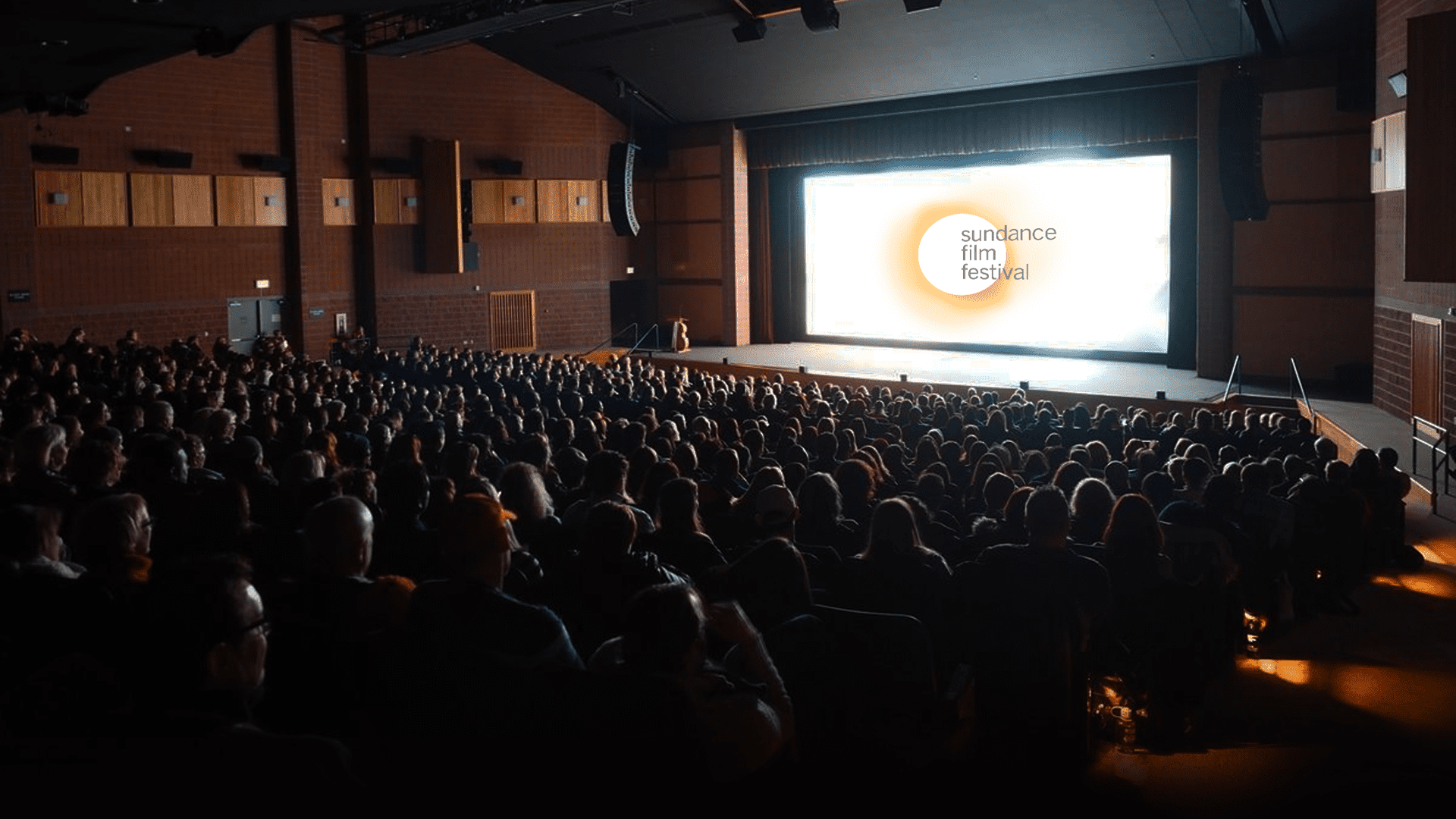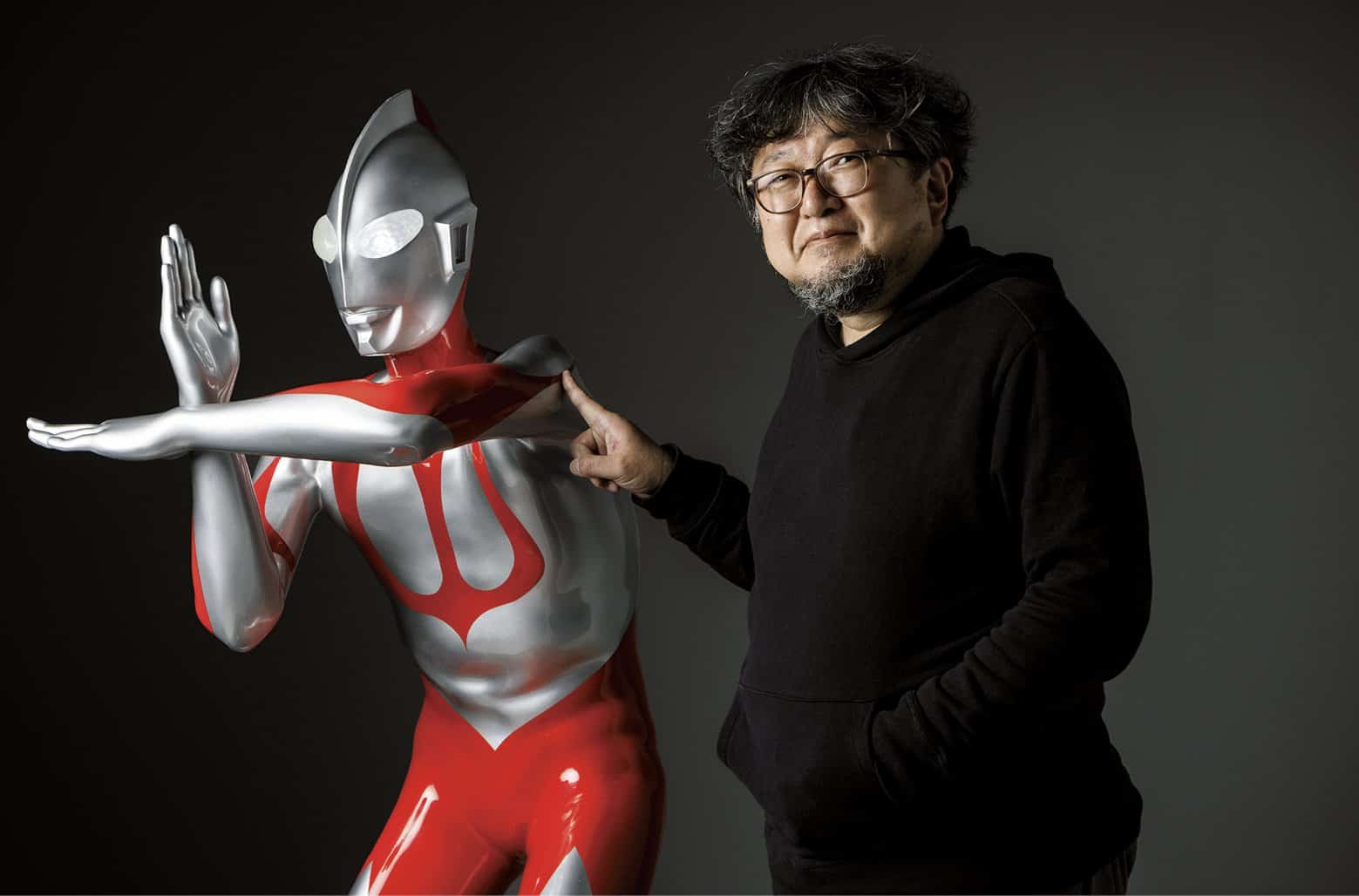Akihiro Toda is a Japanese playwright and director. In 2014 he founded his production company Chese Film, followed 2017 by the foundation of Cheese Theater, a theater group. His features as director, such as “Tangerines on Cat”, “The Name” and “We Have the Same Morning”, have been screened in many international festivals, Nippon Connection being one of them. At the same time, he also worked tirelessly for the stage, writing plays and directing them too. His new feature “Ichiko” is an adaptation of his own play of the same title and blends psychological drama and mystery.
In our interview with Akihiro Toda, he talks about the genesis of the story and its characters, its unique narrative structure and the collaboration with actors Hana Sugisaki and Yuki Morinaga.

“Ichiko” deals with the question whether you can truly know a person. Generally speaking, do you think we can truly know a person?
No. I think that is impossible.
What was the starting point of “Ichiko”?
I actually started with a topic which I wanted to explore. At that time, I was quite active on social media and noticed that some of my friends, even though they had passed away, still had a profile on, for example, Facebook where many people still left comments. Some of these were birthday wishes because some of their friends did not know this person had passed away. That struck me as odd since this person is no longer with us, but at the same time quite present for some people.
At the same time I got to know about the issues with koseki [the Japanese family register-system]. Not having registered meant you were not regarded as a family by the country or by law. I started thinking about the lives of these people and step by step I constructed this story about a young woman who is not registered and what her life must be like.
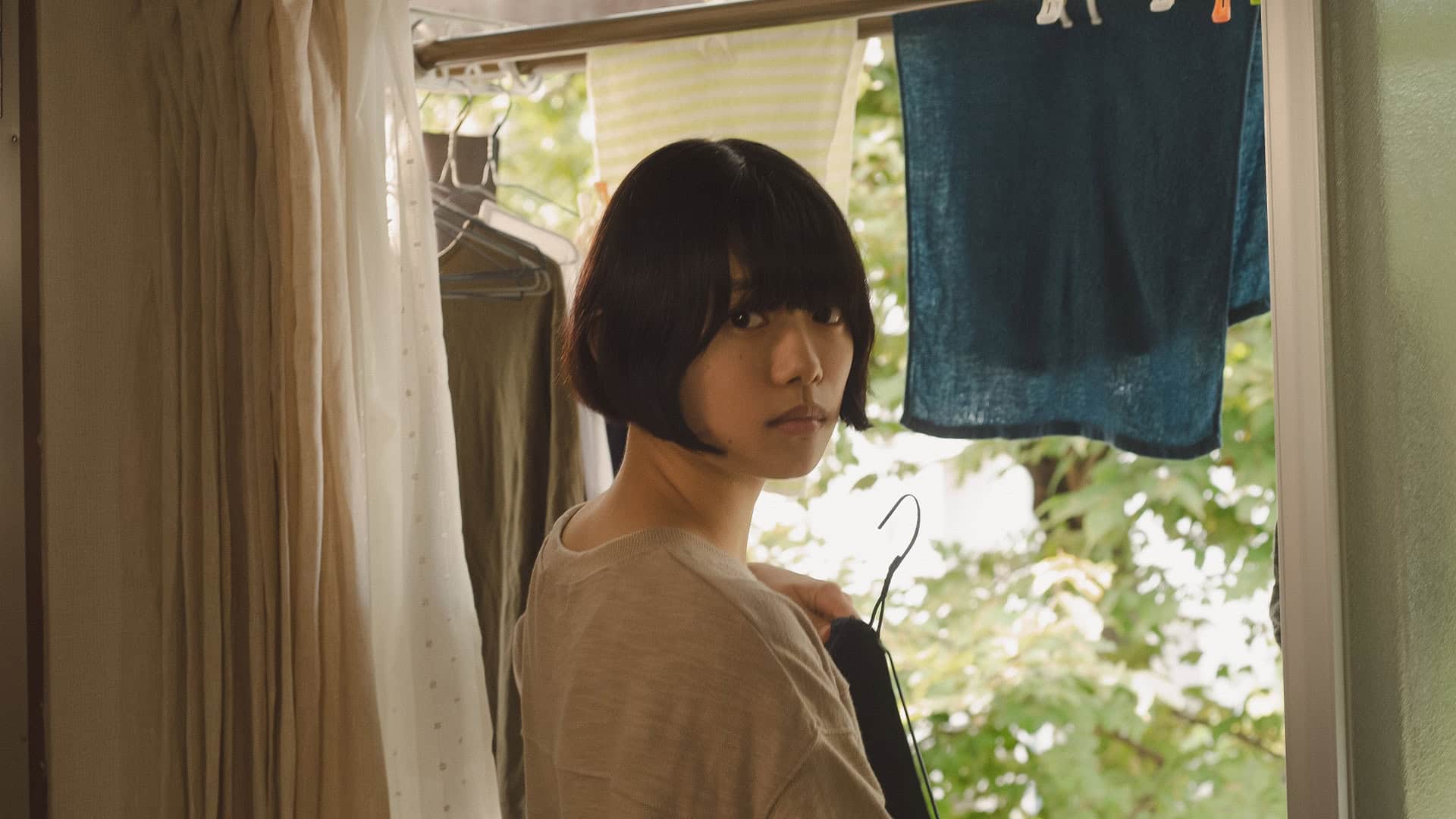
How was the collaboration with Hana Sugisaki, who plays Ichiko? What is your favorite scene with her character?
I gave her a lot of material as she was preparing to play this character. This was, for instance, a timeline of Ichiko's life and what her living circumstances were at a specific point in her life. This also covered what was happening in Japan at that specific time, politically and culturally. When we started shooting, there were no discussions between me and her about her character since we both understood what she was going through at that point in her biography.
Check the review of the film
However, I did not not define what kind of person Ichiko is. Much like the viewer who will find out through the course of the movie, I was interested in how Hana would play her and eventually give us the character of this woman we know nothing about. I wanted “Ichiko” to feel like a study of this person, which is why we shot it like a documentary, with many scenes in only one take.
My favorite scene is when Ichiko takes away the medical device from her sister and her mother comes back, noticing what she has done. It is a pivotal scene in the script and also in the movie, and I like it very much.
I also quite liked Yuki Morinaga's performance as a character who thinks he does well but does not notice how creepy he actually is.
Yuki plays a character who does not see anything else once he is focused on something. The experience he had with Ichiko, when they were both high school students, marked him deeply. From this day on he has made a decision and takes actions, some of them very questionable, to reach his aim. I think in his childhood or in his teens he has experienced bullying which is why he became this person he is today.
Thanks for the conversation.


